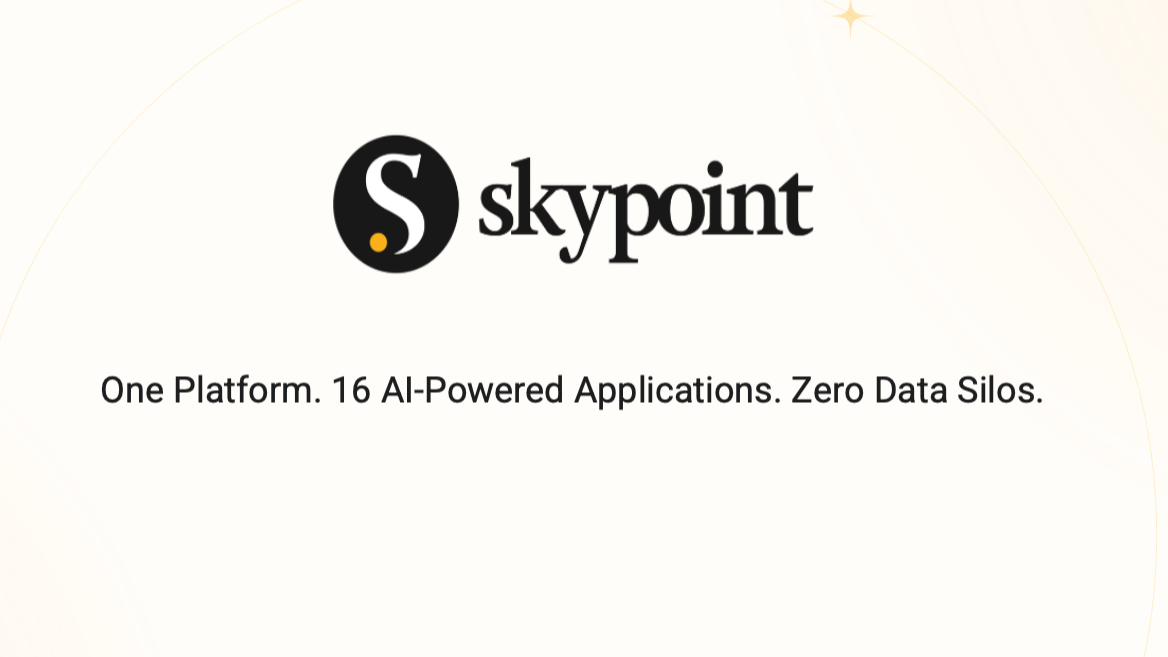I have been fully immersed in the healthcare industry for the past six years, having finished my masters in health care management at Johns Hopkins Carey Business School and working in roles from physician scribing to health insurance operations. The common denominator throughout all my experiences was the intersection of technology to deliver better health outcomes. The US health care system is wrought with legacy software, failing interoperability, and technology that complicates a care givers workflow rather than enables it.
The Centers for Medicare & Medicaid Services (CMS) reports that total health care spending in the U.S. for 2016 reached $3.3 trillion, up 4.3 percent from 2015. The agency attributed the increase in large part to the United States’ aging population and rising prices for health care services. But is this really the case?
Don’t take my word for it, The New York Times reports “the real culprit of increased spending? Technology. Every year you age, health care technology changes — usually for the better, but always at higher cost. Technology change is responsible for at least one-third and as much as two-thirds of per capita health care spending growth. After accounting for changes in income and health care coverage, aging alone can explain only, at most, a few percentage points of spending growth — a conclusion reached by several studies.”
The rapid pace of change necessitates efficient implementation of new technologies. What underpins the poor implementation of technology? Not only the difficult task of effectively integrating with the work flow of care practitioners, but integrating the data within the enterprise for reporting and meaningful business intelligence. Disparate operational systems, price-gouging electronic medical records, and silos of data are barriers to seeing improvement in health care spending. When I was posed with the opportunity to work for a firm focusing on data warehousing and business intelligence solutions, I immediately understood the real need for the healthcare industry and beyond.
I graciously accepted my transition to business intelligence with the intention of guiding organizations through data-driven transformation as a means to thriving in our machine learning, artificial-intelligent future. CSG Pro is a Portland-based and privately-owned consulting firm specializing in custom software development, data warehousing, and data visualization. Ask me how our professionals can solve your data problems today.


